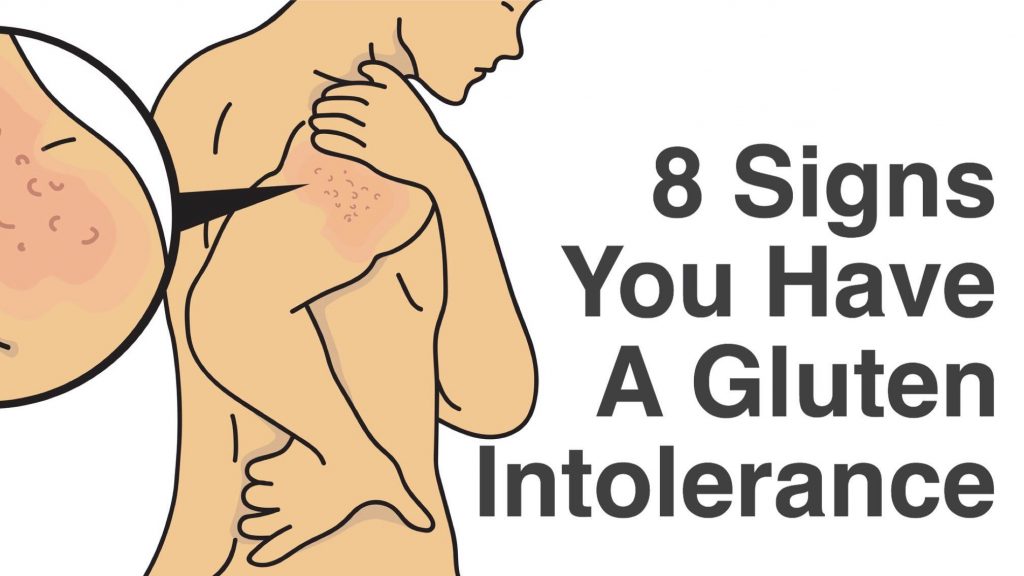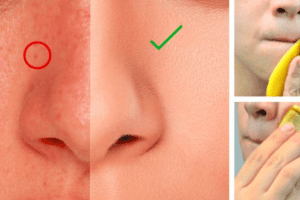- Abnormal immune functionIf you are intolerant to gluten, the IgA antibodies have a counter effect on your immune system. These antibodies that are found in the gastrointestinal tract and saliva are the body’s primary response to colds, flu or other illnesses. If they counteract the system, it cannot properly defend against these diseases.
- Dental issuesA study published in the “BMS Gastroenterology” found that there is a connection between gluten intolerance and a condition called “aphthous stomatitis”, related to mouth ulcers and canker sores. Malabsorption can cause gluten intolerant people to have low calcium levels and we all know that this mineral is vital for our oral health.
- Headaches and migrainesMigraines can be very painful and they are more mutual in people who are gluten intolerant. One recent study discovered that 56 percent of the gluten intolerant participants had migraines, but only 14% of the control group suffered from the same issue.
- Skin problemsThe condition has been related to eczema, acne and dermatitis herpetiformis (DH) because the malabsorption due to the gluten intolerance affects the skin. Those symptoms are redness, itching, rashes, burning and blisters. DH is very difficult condition and it is defined by the Gluten Intolerance Group as “a chronic disease of the skin marked by groups of watery, itchy blisters that might resemble pimples or blisters.”
- Joint and muscle achesPretty often, the underlying reason behind joint and muscle pain are the inflammatory effects of the gluten intolerance. WebMD,as well as the research published by the Arthritis Foundation,also connects the pain to the condition.
- Fatigue and exhaustionThe symptoms are very similar to brain fog since its mechanisms are still a mystery. There is little scientific research on the subject, but the medical experts claim that gluten intolerance can cause fatigue and exhaustion because of de-allocation of the energy reserves and inflammation of the body.
Source : cleanfitnesshouse.com









